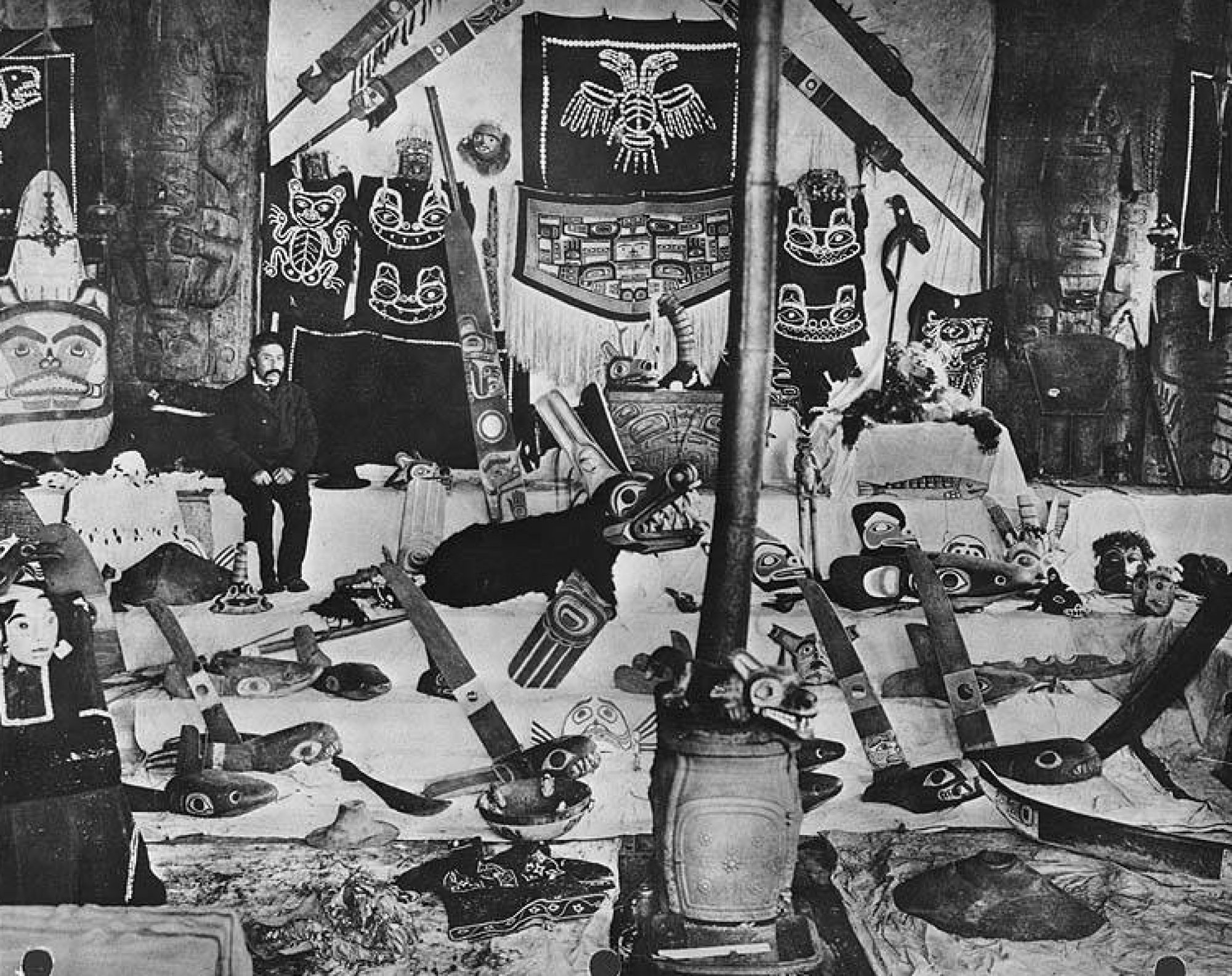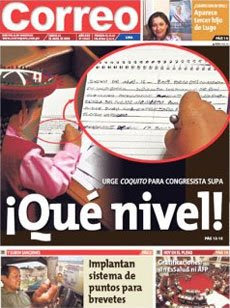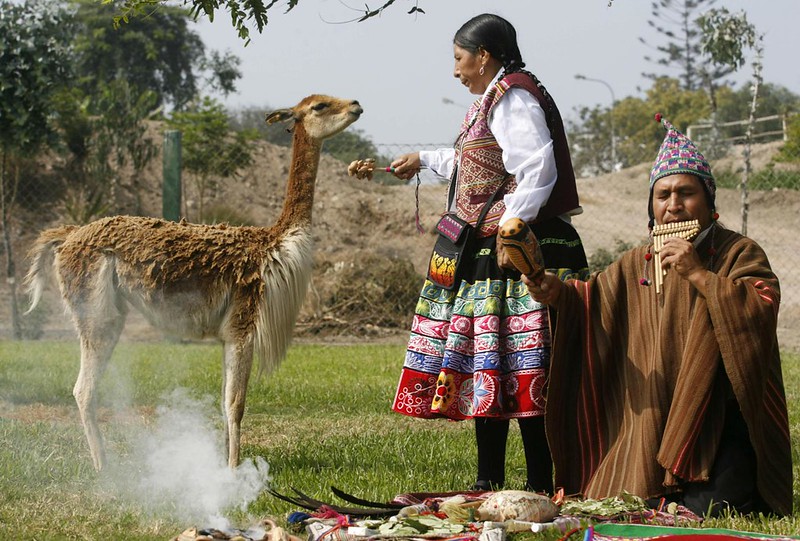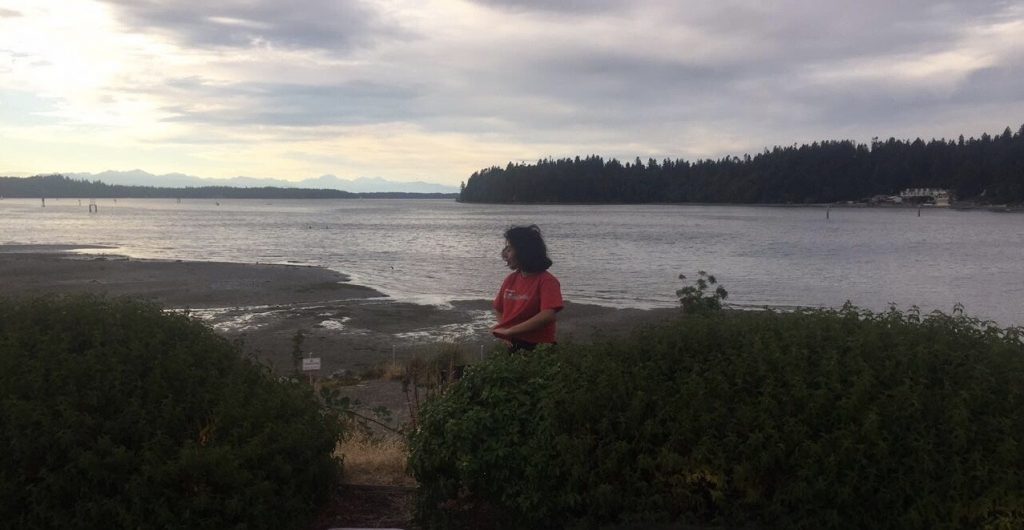Biographical Timeline | Leadership Qualities | Lakota Education | References
Boone, Katrina. “America Has Always Used Schools as a Weapon Against Native Americans.” Education Post (blog), December 12, 2018. https://educationpost.org/america-has-always-used-schools-as-a-weapon-against-native-americans/.
Cavero, Elizabeth. “Hilaria Supa Huamán: ‘Sé que va a haber discriminación.’” La República, July 2, 2006. https://larepublica.pe/archivo/278964-hilaria-supa-huaman-se-que-va-a-haber-discriminacion/.
Clarren, Rebecca. “How America Is Failing Native American Students.” The Nation, July 24, 2017. https://www.thenation.com/article/archive/left-behind/.
Congreso de la República del Perú. “‘Agenda Parlamentaria’ – Día de la Mujer Indígena – Entrevista a congresista Hilaria Supa.” Youtube Video, 20:01. Posted September 17, 2012. https://www.youtube.com/watch?v=tcL6migKeP4.
Congreso de la República del Perú. “Congresista Hilaria Supa invoca a los jóvenes a estudiar.” Youtube Video, 3:34. Posted July 14, 2011. https://www.youtube.com/watch?v=A42IhLSXlEU.
Congreso de la República del Perú. “Declaraciones de Hilaria Supa sobre ‘Esterilizaciones Forzadas.’” Youtube Video, 3:59. Posted May 7, 2012. https://www.youtube.com/watch?v=8CNm_Rcevh0.
El Cártel del Humor. “Discriminan a congresista Hilaria Supa en redes sociales.” Youtube Video, 1:52. Posted March 24, 2014. https://www.youtube.com/watch?v=1b2hFtVTGy0.
Green, Erica, and Annie Waldman. “‘I Feel Invisible’: Native Students Languish in Public Schools.” New York Times, December 28, 2018. https://www.nytimes.com/2018/12/28/us/native-american-education.html.
“Hoja de vida.” Hilaria Supa Huamán. Congreso de la República del Perú. August 2006. http://www4.congreso.gob.pe/congresista/2006/hsupa/_hoja-vida.htm.
“Indigenous People Worldwide Urge Governments to Redress Entrenched Lack of Respect for Their Values, Overhaul Legislation, Endorse Declaration, in Permanent Forum.” United Nations. United Nations. May 19, 2009. https://www.un.org/press/en/2009/hr4982.doc.htm.
Kovarik, Jacquelyn. “Why Don’t We Talk About Peru’s Forced Sterilizations?” The New Republic, October 8, 2018. https://newrepublic.com/article/151599/dont-talk-perus-forced-sterilizations.
Llana, Sara Miller. “Sweeping South America: indigenous pride.” The Christian Science Monitor, April 3, 2007. https://www.csmonitor.com/2007/0403/p01s03-woam.html.
Munoz, Brian, and Holly Piepenberg. “Rosebud: Changing the Trajectory of the Lakota-Sioux Youth Through Education and Community.” Pulitzer Center, May 30, 2019. https://pulitzercenter.org/reporting/rosebud-changing-trajectory-lakota-sioux-youth-through-education-and-community.
“ONPE finalizó conteo de votos para el Parlamento Andino.” ATV, May 7, 2011. http://www.atv.pe/actualidad/onpe-finalizo-conteo-de-votos-para-el-parlamento-andino-8958.
Páez, Ángel. “PERU: Quechua Congresswoman Fights Discrimination in Education.” Inter Press Service, September 1, 2010. http://www.ipsnews.net/2010/09/peru-quechua-congresswoman-fights-discrimination-in-education/.
Portillo, Zoraida. “Perú: La elección de la parlamentaria indígena Hilaria Supa, genera controversias.” AmecoPress, August 25, 2010. https://amecopress.net/Peru-La-eleccion-de-la-parlamentaria-indigena-Hilaria-Supa-genera-controversias.
“Solidarity with Peruvian Victims of Forced Sterilizations.” Inter Pares, March 6, 2018. https://interpares.ca/news/solidarity-peruvian-victims-forced-sterilizations.
Supa Huamán, Hilaria. “Hilaria Supa (@Hilaria_Supa).” Twitter. Accessed March 7, 2020. https://twitter.com/hilaria_supa.
Supa Huamán, Hilaria. “Hilaria Supa Huamán.” Facebook. Accessed March 7, 2020. https://www.facebook.com/HilariaSupaHuaman.
Supa Huamán, Hilaria. Threads of My Life: The Story of Hilaria Supa Huamán, A Rural Quechua Woman. Translated by Mauricio Carlos Quintana. Penticton, BC: Theytus Books, 2008.
“The Lakota Sioux Tribe: A Look at the Statistics.” True Sioux Hope Foundation, February 10, 2015. https://www.truesiouxhope.org/single-post/2015/02/10/THE-LAKOTA-SIOUX-TRIBE-A-LOOK-AT-THE-STATISTICS.
Wong, Alia. “The Real Legacy of Crazy Horse.” The Atlantic, August 2, 2017. https://www.theatlantic.com/education/archive/2017/08/the-real-legacy-of-crazy-horse/534924/.



